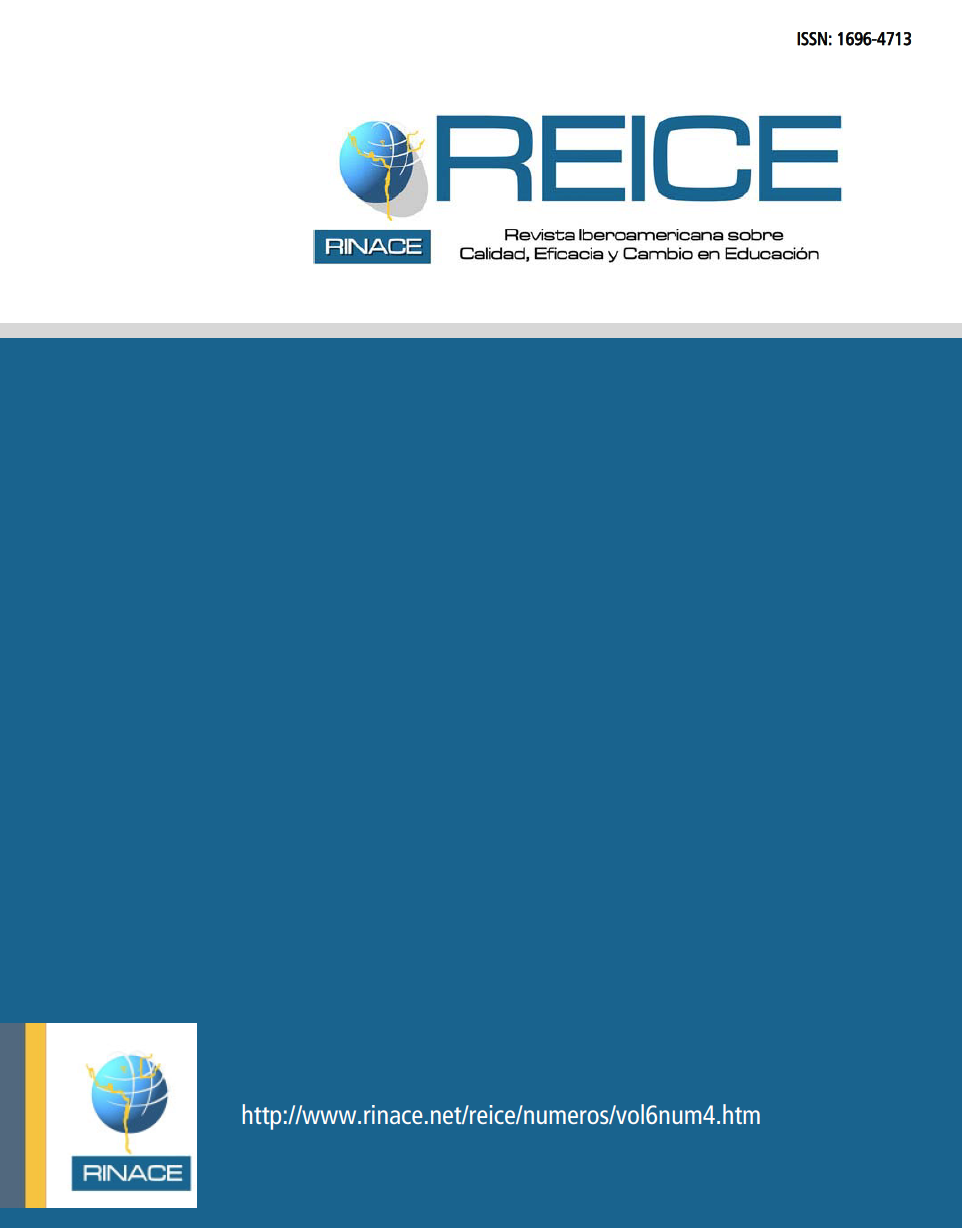Keywords:
Management styles, lifelong learning, county educationCopyright (c) 2018 REICE. Iberoamerican Journal on Quality Effectiveness and Educational Change

This work is licensed under a Creative Commons Attribution-NonCommercial-NoDerivatives 4.0 International License.
Abstract
This paper offers an inductive model, outcome of a qualitative research, on management styles and its effects on county service areas responsible for managing the teacher’s permanent training. The study was conducted within 15 counties of Chile, gathering information from official documents and interviews to civil servants in charge of managing township’s education, particularly those in charge of the teacher’s development.
We found out that management models which promote consensuses require tolerance and leadership for negotiations and diversity expressions. Both, the political authoritarian and the political bureaucratic style of management consider the teachers’ educational need as a lack of knowledge. In those management styles with scanty space for reflection or diversity, the picking of training Institutions takes little account on its theoretical and didactic orientations, and may even muddle and disregard the theoretical diversity about post-school education and training and the management of lifelong learning, so the educational activities do not fulfil both the educational local and people’s needs
There is a need of further research on the effect of both, the interactive and political democratic (convergent or divergent) style of management on the educational achievement and the result of teacher’s permanent training
